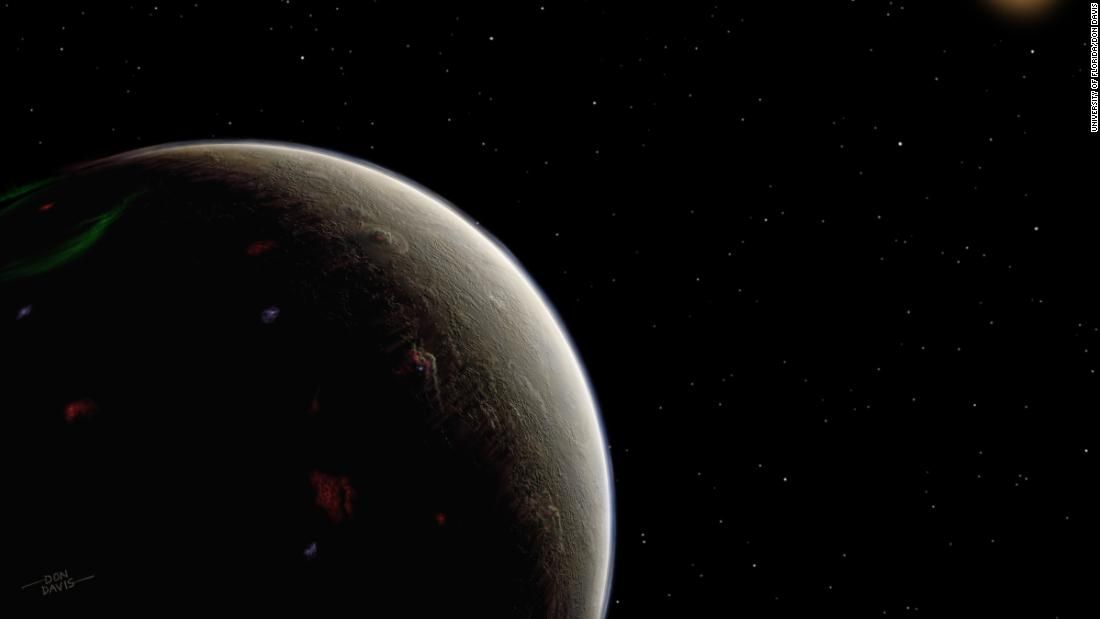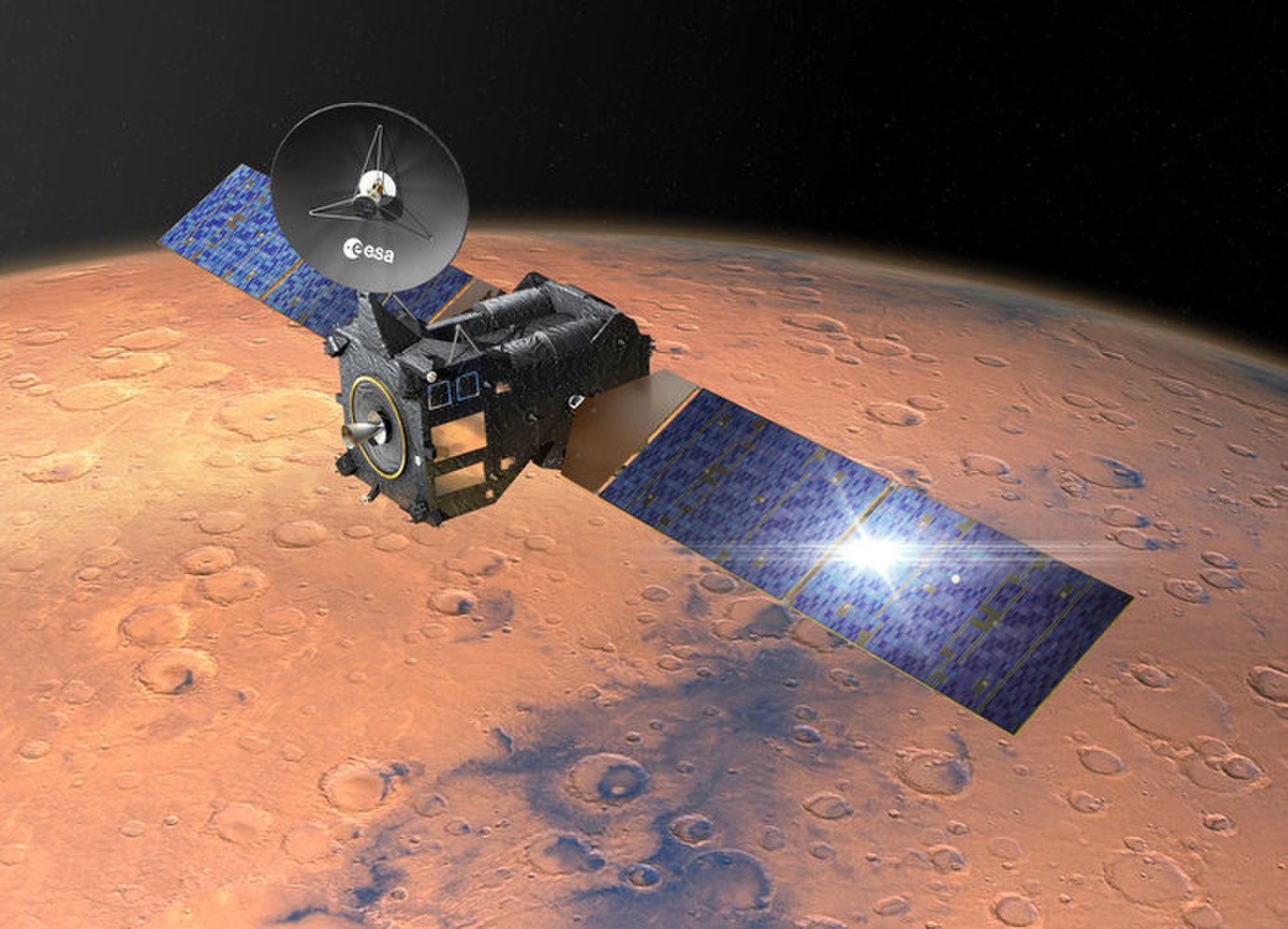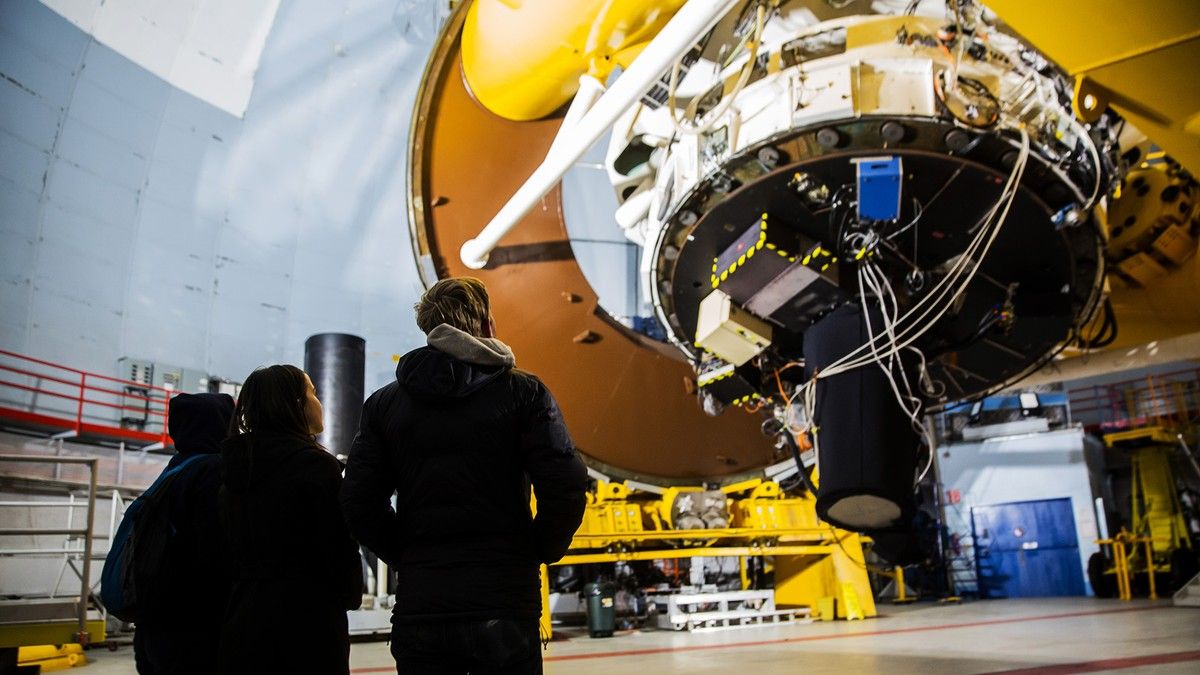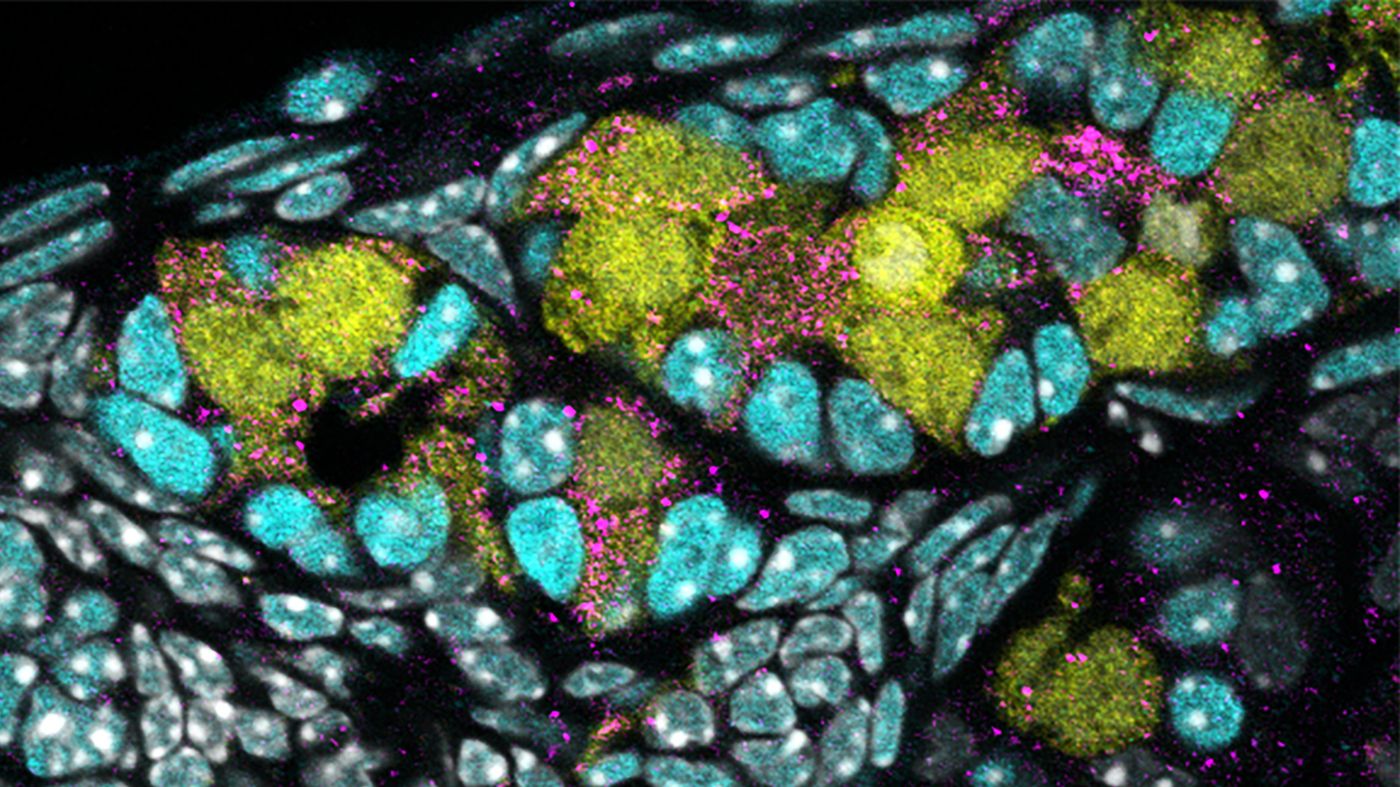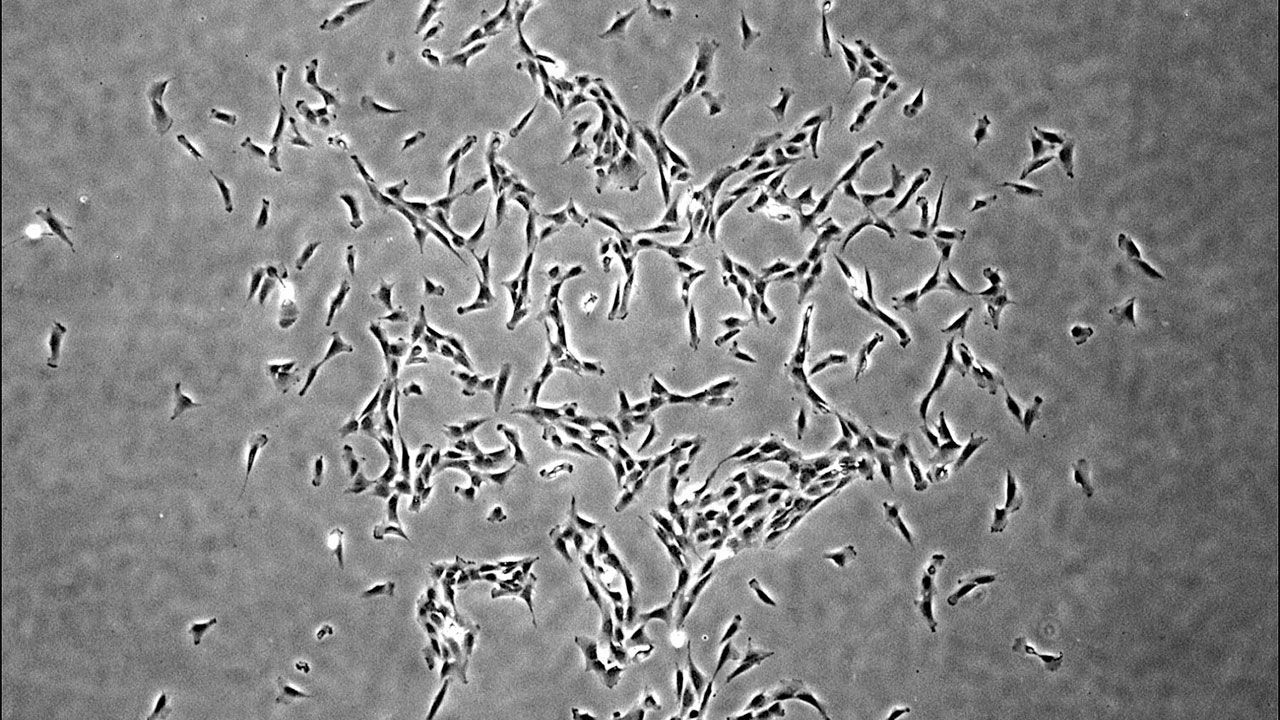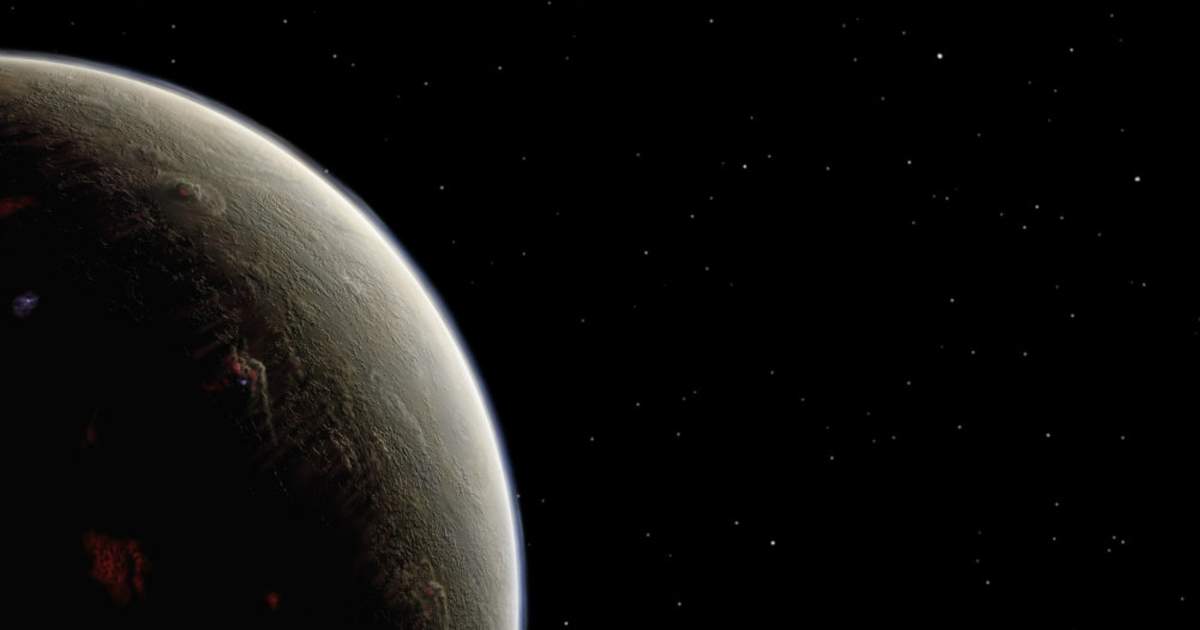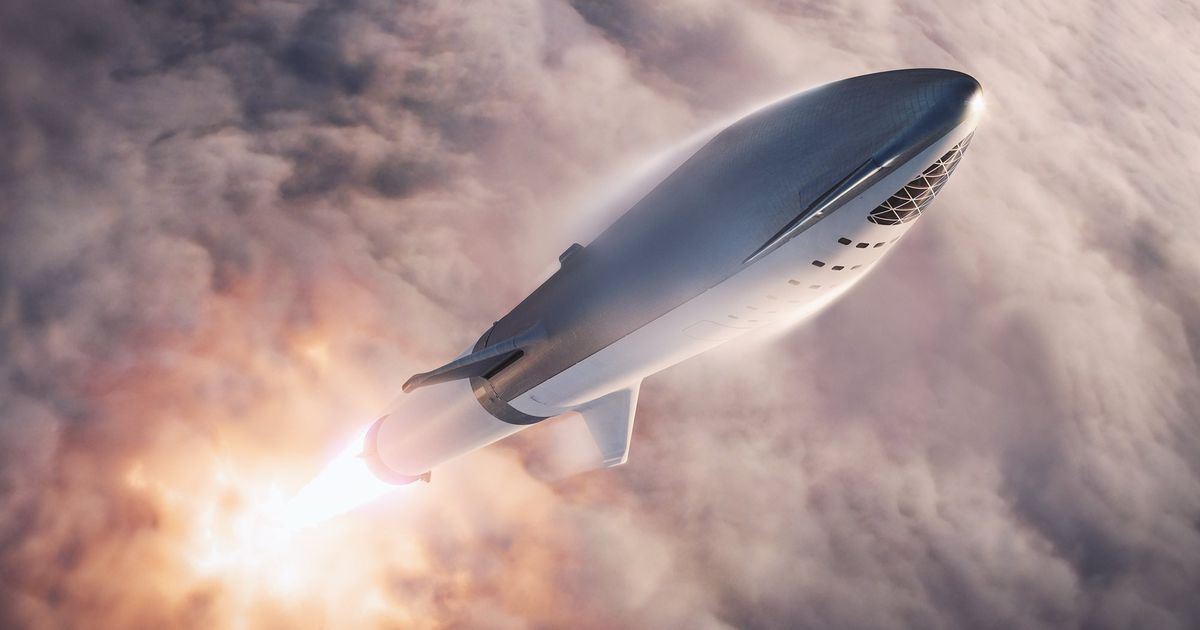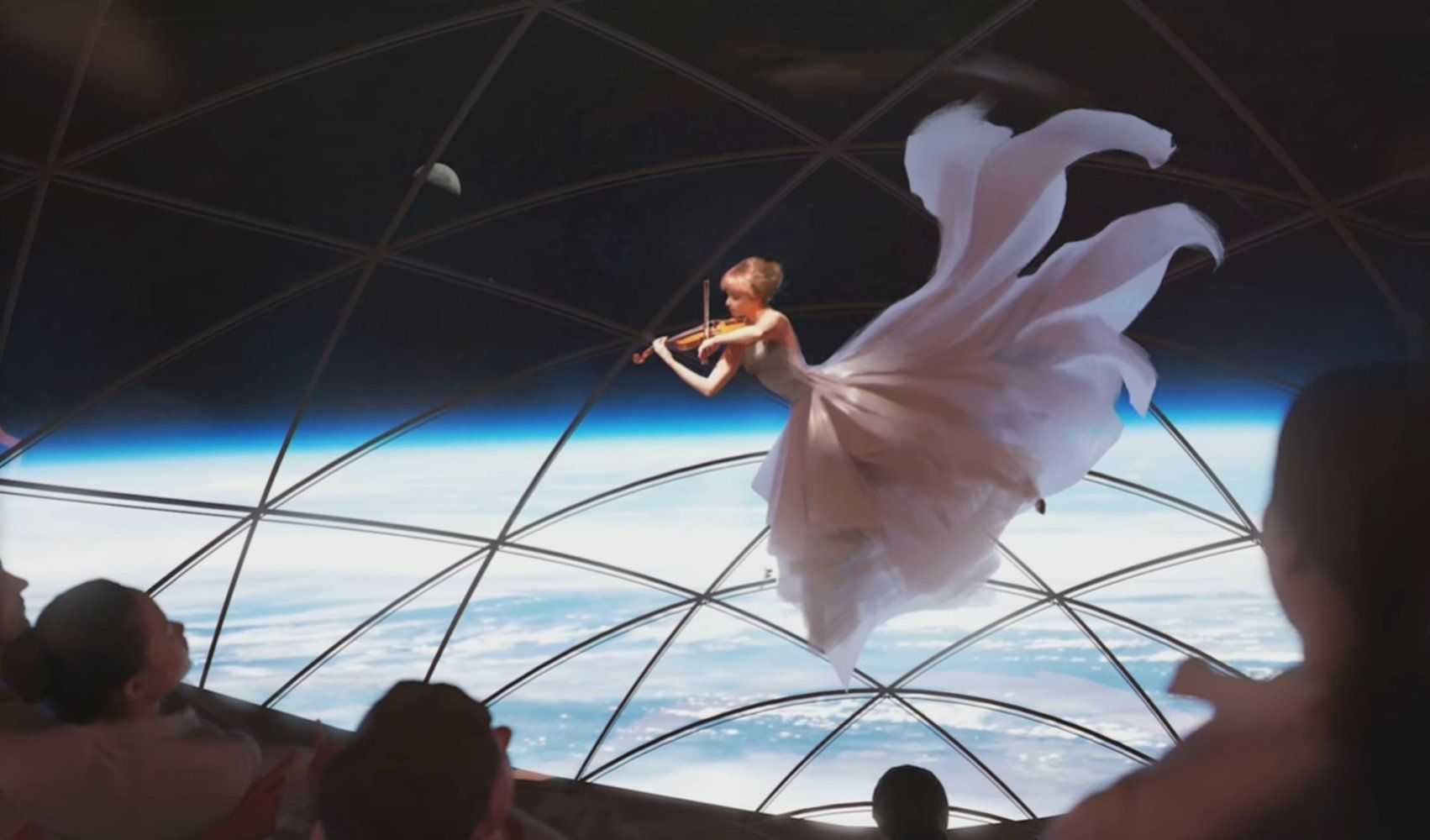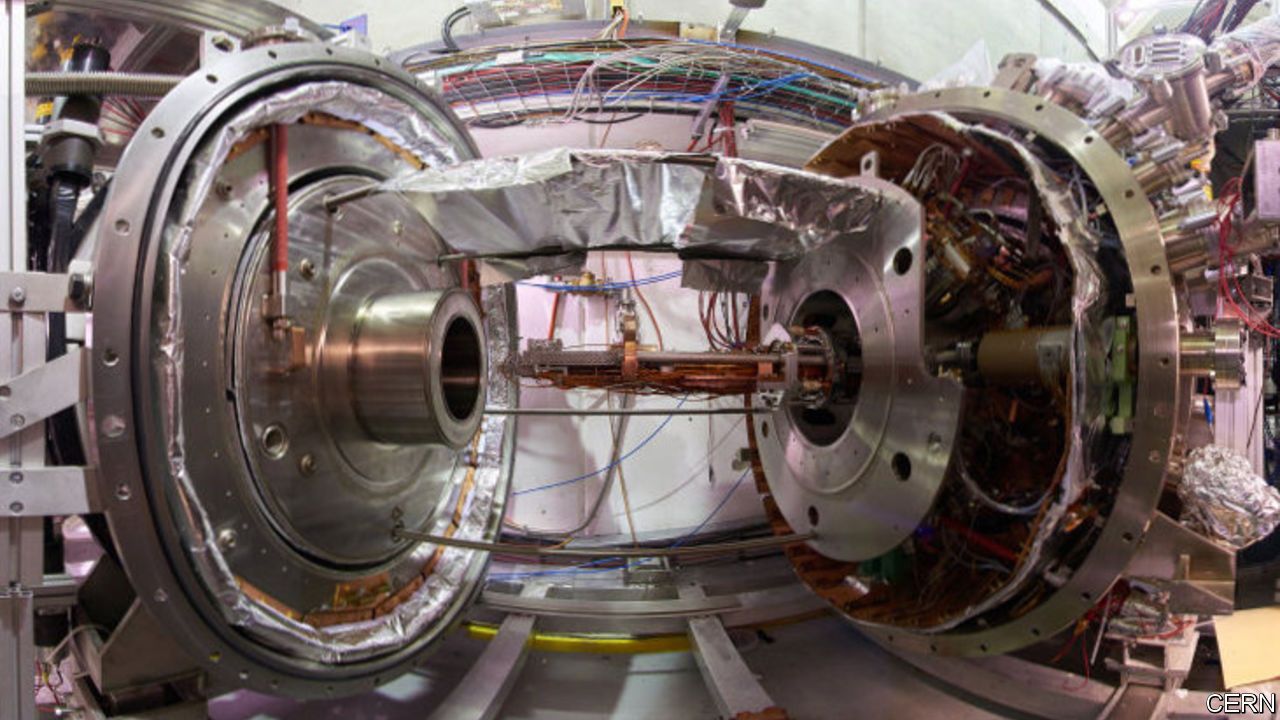
AS MISMATCHES go, it’s a big one. When physicists bring the Standard Model of particle physics and Einstein’s general theory of relativity together they get a clear prediction. In the very early universe, equal amounts of matter and antimatter should have come into being. Since the one famously annihilates the other, the result should be a universe full of radiation, but without the stars, planets and nebulae that make up galaxies. Yet stars, planets and nebulae do exist. The inference is that matter and antimatter are not quite as equal and opposite as the models predict.
This problem has troubled physics for the past half-century, but it may now be approaching resolution. At CERN, a particle-physics laboratory near Geneva, three teams of researchers are applying different methods to answer the same question: does antimatter fall down, or up? Relativity predicts “down”, just like matter. If it falls up, that could hint at a difference between the two that allowed a matter-dominated universe to form.
Read more
